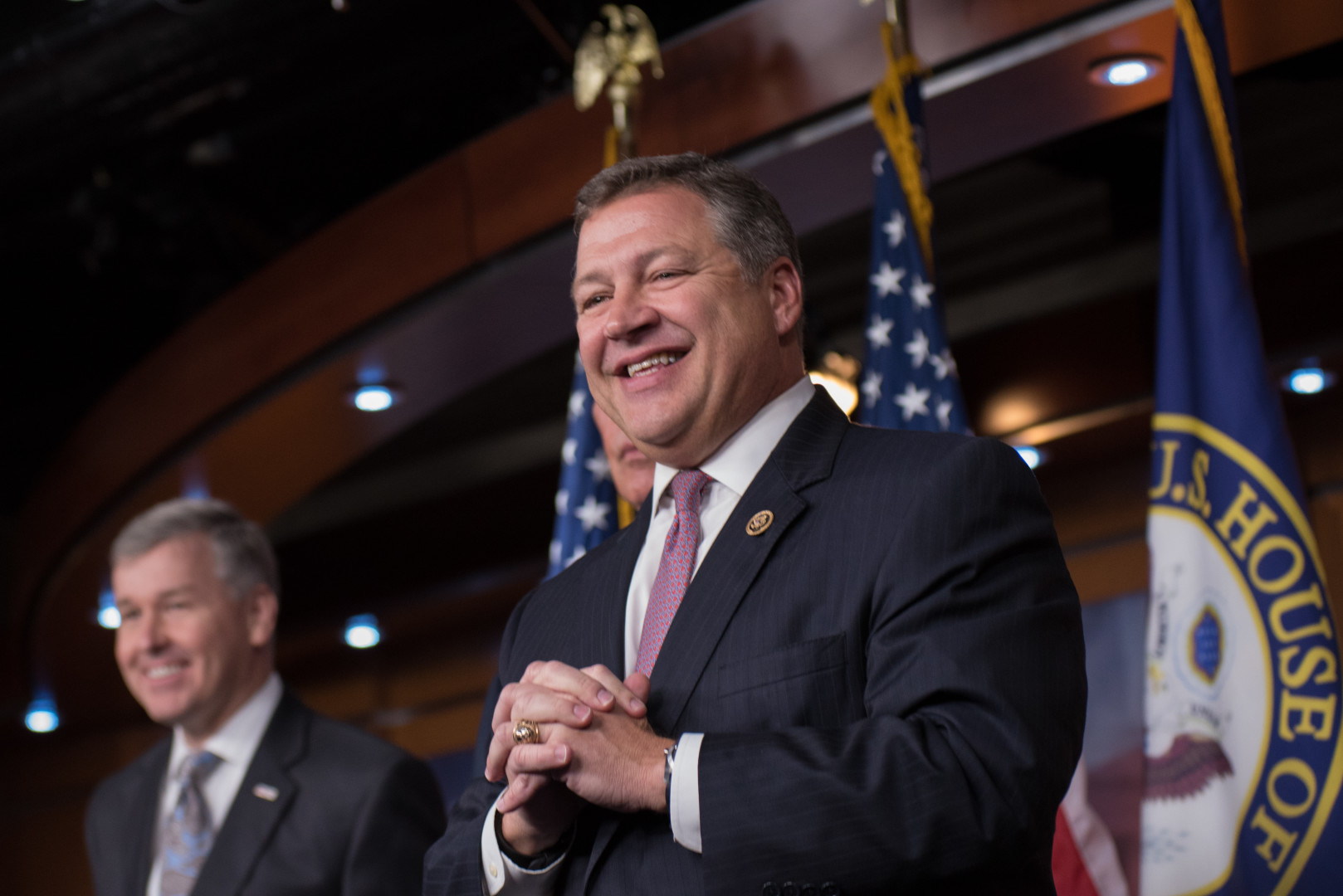September 20, 2016 at 4:37 pm ET
- Share on Facebook
- Share on Twitter
- Share on LinkedIn
- E-mail to a friend



Lawmakers and tech groups reacted with tentative support for a broad new federal policy regulating the development and deployment of self-driving cars Tuesday. The Department of Transportation released the wide-ranging plan late Monday.
The new standards are designed to create a national regulatory framework that effectively replaces state laws now governing software-driven vehicles. There are several parts to the plan, some requiring public notice and comment through a regular rulemaking process.
Among the biggest components could be requirements that the autonomous vehicle industry answer safety questions on any new plans to test, manufacture or deploy those vehicles. The administration is also mulling “pre-market approval authority” under which the National Highway Traffic Safety Administration would approve new autonomous technologies before they are introduced in the market. That idea may have some naysayers.
Lawmakers, however, are cautiously optimistic about the new policy. In an emailed statement to Morning Consult, Senate Commerce Committee Chairman John Thune (R-S.D.) called the policy “an important step” that recognizes the importance of federal, state, and industry collaboration on driverless cars.
“As this collaborative process moves forward, I expect new needs for oversight and Congress’ role will come more clearly into focus,” Thune said.
Importantly, Thune acknowledged that regulators “will need to oversee advancements in safety technology without hampering innovation.”
Rep. Bill Shuster (R.-Pa.), chairman of the House Transportation and Infrastructure Committee, offered qualified support for the new policy. In a press release, Shuster said the sharp uptick in innovation and investment around driverless cars “should not occur in a vacuum.”
Shuster said there should be a “consistent framework” that guides the development, testing and deployment of autonomous vehicles. He stressed, however, that any new rules should not “stifle innovation.” The Pennsylvania Republican added that he would be “thoroughly reviewing” the policy, as well as working with both industry and government stakeholders on its development.
Sen. Gary Peters (D-Mich.), a member of the Commerce Committee and a co-founder of the Senate Smart Transportation Caucus, said the new policy “marks a major milestone to bring autonomous vehicles to America’s roads.” He welcomed the agency’s approach to bring forward a “consistent national framework” to usurp a “patchwork of state laws” on driverless cars.
Advocacy groups were largely supportive of the new federal policy, although a few expressed strong (and somewhat contradictory) concerns about various elements, suggesting that regulators will meet at least some resistance to some parts of the plan.
Consumer Watchdog, a group that has pushed for mandatory federal safety standards for autonomous vehicles, said the DOT’s new policy seems to have heeded most of their concerns. “This isn’t the checkered flag to industry to irresponsibly develop robot cars that we had feared,” John Simpson, the director of Consumer Watchdog’s Privacy Project, said in the statement.
But the group questioned one of the major components of the plan, a uniform federal system. Simpson said regulators should make sure that the new national framework doesn’t run roughshod over strong state laws on driverless vehicles. “It’s important that it doesn’t preempt good state regulations like those we have in California,” he said.
The group also posed questions about whether the new federal standards would hold carmakers responsible for deaths and injuries caused by failures in autonomous driving systems — a policy it supports.
Marc Scribner, a transportation expert at the Competitive Enterprise Institute, said in an emailed statement the NHTSA standards are “a thoughtful approach to automated vehicle regulation.”
But, Scribner added that his organization is disappointed by the policy’s failure to include a test driver license reciprocity provision across state lines. He said the omission “unreasonably restricts the test driver labor pool,” which could “perhaps perversely reduce highway safety.”
Scribner also called on Congress to block any push to enact the proposed safety rule requiring “pre-market approval” to any new autonomous technologies.
“Developers operating under the European Commission’s type of approval process have repeatedly warned NHTSA and North American developers that pre-market approval will only add cost and delay,” Scribner said.
Consumer Technology Association President Gary Shapiro praised the new policy in a statement to reporters, calling it “a welcome approach to avoid patchwork laws that might inhibit innovation or make the latest cutting-edge technology inaccessible to consumers.”
Shapiro said his organization will continue to work with the government on the issue, and touted upcoming CTA research showing strong consumer interest in test-driving or owning an autonomous vehicle.
In a press call with reporters Monday, DOT Secretary Anthony Foxx stressed that the new policy is “just the first step,” and said the DOT and NHTSA will continue to solicit comments from stakeholders as they move to potentially finalize several proposed rules.
The U.S. Chamber of Commerce also offered its unvarnished support for the new federal policy. Tim Day, the senior vice president at the Chamber’s Technology Engagement Center, said in an email statement that the plan “will help ensure consistent safety standards among autonomous vehicles, allow for better public-private sector information sharing regarding the emerging technology, and help clarify the roles and responsibilities of the federal and state governments when it comes to self-driving cars.”
Day added that the policy will give businesses “flexibility” in their push to develop and innovate new autonomous vehicle technologies.